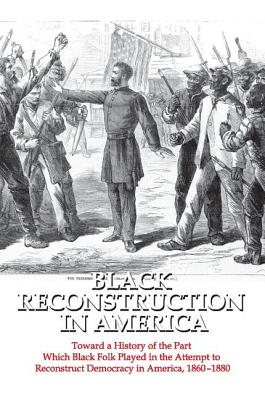


It was still very unclear, however, what form this revolution would take.

In response to Lincoln’s Emancipation Proclamation, which freed more than 3 million enslaved people in the Confederate states by January 1, 1863, Black people enlisted in the Union Army in large numbers, reaching some 180,000 by war’s end.ĭid you know? During Reconstruction, the Republican Party in the South represented a coalition of Black people (who made up the overwhelming majority of Republican voters in the region) along with "carpetbaggers" and "scalawags," as white Republicans from the North and South, respectively, were known.Įmancipation changed the stakes of the Civil War, ensuring that a Union victory would mean large-scale social revolution in the South. Their actions debunked one of the strongest myths underlying Southern devotion to the “peculiar institution”-that many enslaved people were truly content in bondage-and convinced Lincoln that emancipation had become a political and military necessity. By the summer of 1862, however, enslaved people, themselves had pushed the issue, heading by the thousands to the Union lines as Lincoln’s troops marched through the South. To do so, he feared, would drive the border slave states still loyal to the Union into the Confederacy and anger more conservative northerners. In less than a decade, however, reactionary forces-including the Ku Klux Klan-would reverse the changes wrought by Radical Reconstruction in a violent backlash that restored white supremacy in the South.Īt the outset of the Civil War, to the dismay of the more radical abolitionists in the North, President Abraham Lincoln did not make abolition of slavery a goal of the Union war effort. During Radical Reconstruction, which began with the passage of the Reconstruction Act of 1867, newly enfranchised Black people gained a voice in government for the first time in American history, winning election to southern state legislatures and even to the U.S. Outrage in the North over these codes eroded support for the approach known as Presidential Reconstruction and led to the triumph of the more radical wing of the Republican Party. Under the administration of President Andrew Johnson in 18, new southern state legislatures passed restrictive “ Black Codes” to control the labor and behavior of former enslaved people and other African Americans. Reconstruction (1865-1877), the turbulent era following the Civil War, was the effort to reintegrate Southern states from the Confederacy and 4 million newly-freed people into the United States.


 0 kommentar(er)
0 kommentar(er)
